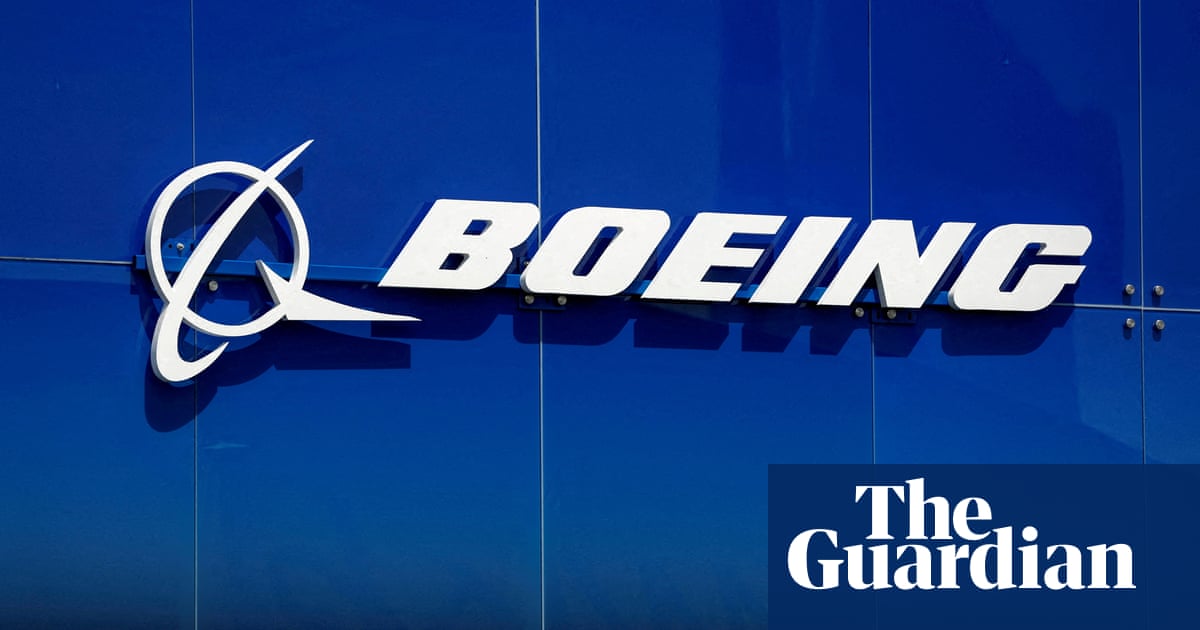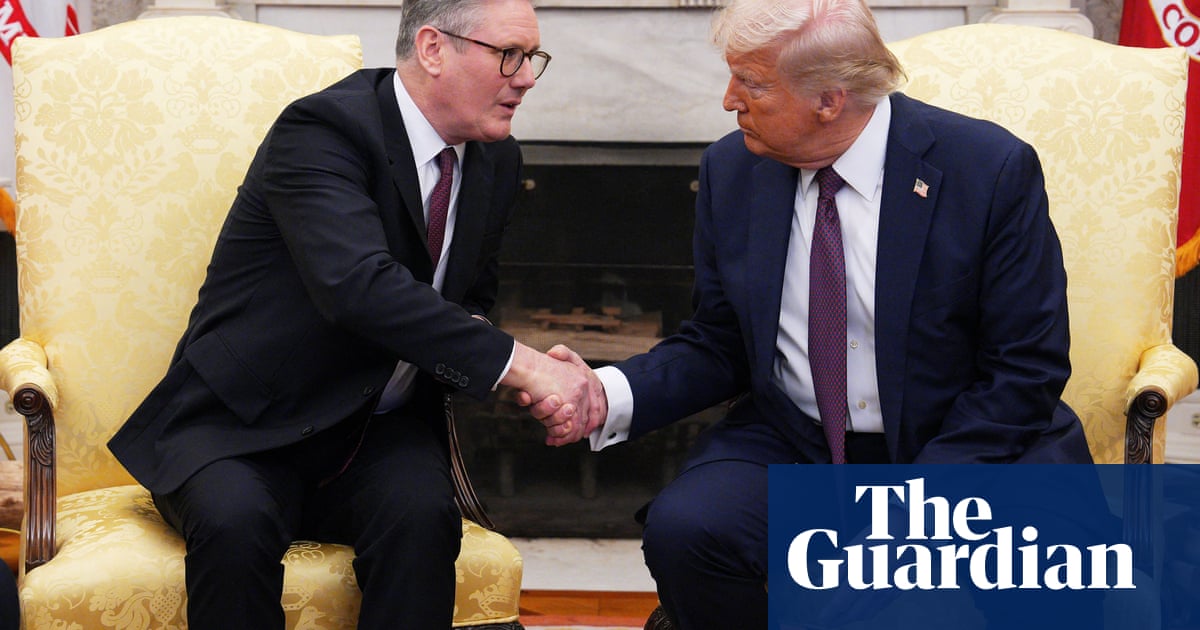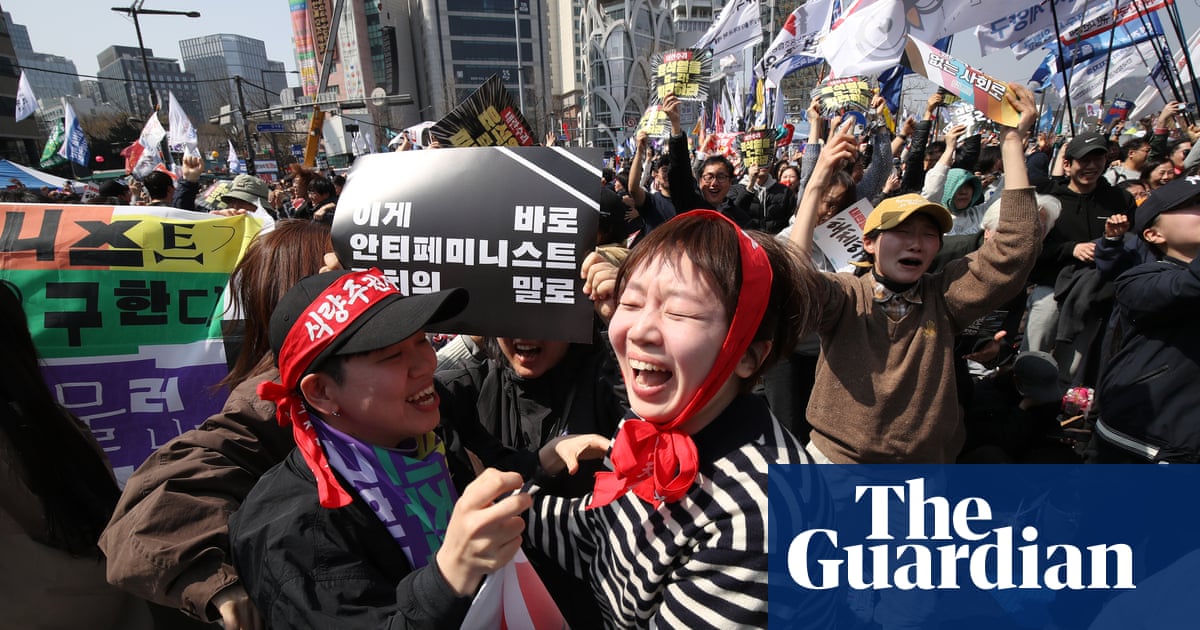British firms are among more than 100 western companies, including the aerospace giant Boeing, which have exported aircraft parts to India that reached Russia, according to customs data.
Analysis suggests products worth more than $50m have passed through intermediaries in India to Russian airlines and other entities over a 21-month period up to September 2024.
The parts appear to have been transported in 700 individual cargoes containing items ranging from critical generators, sensors, propeller blades and cockpit displays to small screws, bolts and filters.
Most of the Russian importers appear to be civilian airlines, including Utair, which the EU has said also acts as a defence contractor. It received about a quarter of the cargoes.
There is no suggestion of wrongdoing by western companies, nor that they were aware that their products were being moved on to Russia by the Indian firms.
The direct sale of aircraft parts to Russian airlines and firms has been banned by the UK and the EU and is heavily restricted by US authorities.
Western allies have struggled, however, to deal with the scores of intermediary firms that have moved in to prop up Russia with western-made goods and technology.
The UK government highlighted its concerns in January when issuing new guidance for exporting businesses on “countering Russian sanctions evasion”. Firms were told to “undertake due diligence to ensure that the end destination of these products is not Russia”.
The analysis of Indian customs data by Investigate Europe suggests that as of last September goods were still reaching Russia via India, often within days of their original dispatch.
A dozen Indian intermediaries appeared to have acquired parts from western firms that later went to Russian buyers between January 2023 and September 2024.
Two UK companies accounted for about 120 of the shipments identified in the customs data.
Step Aviation is registered to a Latvian national. Of the more than 60 cargoes worth over $3m that Step appears to have sent to Indian firm Shaurya Aeronautics, almost all were passed on to three buyers in Russia.
In October, the US applied economic sanctions on Shaurya for sending sensitive dual-use parts to Russia, part of a wave of action “to diminish and degrade Russia’s ability to equip its war machine”.
Shaurya has not been targeted with sanctions from the UK or EU. There is no record of Step sending items to Shaurya after October. Step did not respond to a request for comment.
A second firm, ASL Aerospace, based in Devon, appears to have sent about 60 shipments from the UK and US to four Indian firms that were then re-exported to Russia.
ASL Aerospace sent cargo from the UK to the Indian firm, Agrim Aviation Private Ltd, which arrived in September, according to the customs data.
Agrim was named and placed under sanctions by the US authorities on 1 November for “likely” diverting US-made products to the Russian aviation industry. It has not been targeted by the UK or the EU.
There is no suggestion that ASL Aerospace traded with Agrim after the Indian firm was added to the US “entity list”, placing it under stricter export controls.
Bryan Poulier, chief executive of ASL Aerospace, said his company would not be “complicit in the trade of aircraft parts to Russia through any sanctioned company” and that they made strenuous efforts to track their products.
He said: “ASL Aerospace takes stringent measures in its supply chain to prevent such trade to sanctioned parties including, but not limited to: subscription and monitoring through Creditsafe’s [Politically Exposed Persons] and Sanctions Screening tools, which provide real-time checks with its obligations; and the requirement, for every sale by ASL Aerospace, of an end user statement. The EUS verifies end use, ensures compliance with export regulations, prevents misuse and limits the supplier’s liability.”
David Tannenbaum, a sanctions compliance expert and partner Pole Star Global, said western governments had targeted intermediaries in Turkey and Kazakhstan, Kyrgyzstan, Tajikistan, Turkmenistan and Uzbekistan but that India had not been a major focus.
Tannenbaum said: “It’s been a game of whack-a-mole for [the authorities]. They seem to be using sanctions primarily to try and sort of target the intermediaries but those entities are replaceable, right? It’s not even that the companies are [always] newly created.”
Customs data suggest that since 2023 the US aerospace giant Boeing sent at least 80 cargoes to India that were later re-exported in part or in whole to Russia.
Most of these trades, including fasteners, valves, fuel sealants and a battery, went via an Indian buyer, Ascend Aviation.
The US applied economic sanctions on the company and its two directors on 30 October 2024 for being part of “sanctions evasion networks”. The EU and the UK have not followed suit. There is no data to suggest that Boeing traded with the company after September 2024.
A Boeing spokesperson said: “In March 2022, we suspended major operations in Russia, including providing parts, maintenance and technical support for customers.”
The customs data also suggest that Airbus subsidiary Satair sent 12 cargoes to the same Indian firm between September 2023 and May 2024. All later went to Russian buyers, including the country’s biggest airline, state-owned Aeroflot, the records show.
An Airbus spokesperson said: “Airbus and Satair are acting in compliance with the laws and regulations and are actively committed to prevent sanctions circumvention and diversion”.
India has refrained from condemning Vladimir Putin over Russia’s full scale invasion of Ukraine, and has sought a friendly relationship with Moscow. None of the Indian companies responded to a request for comment.
An Indian government spokesperson has said they do not believe the firms were in violation of local legislation but that the companies would be advised about the latest international export controls.










